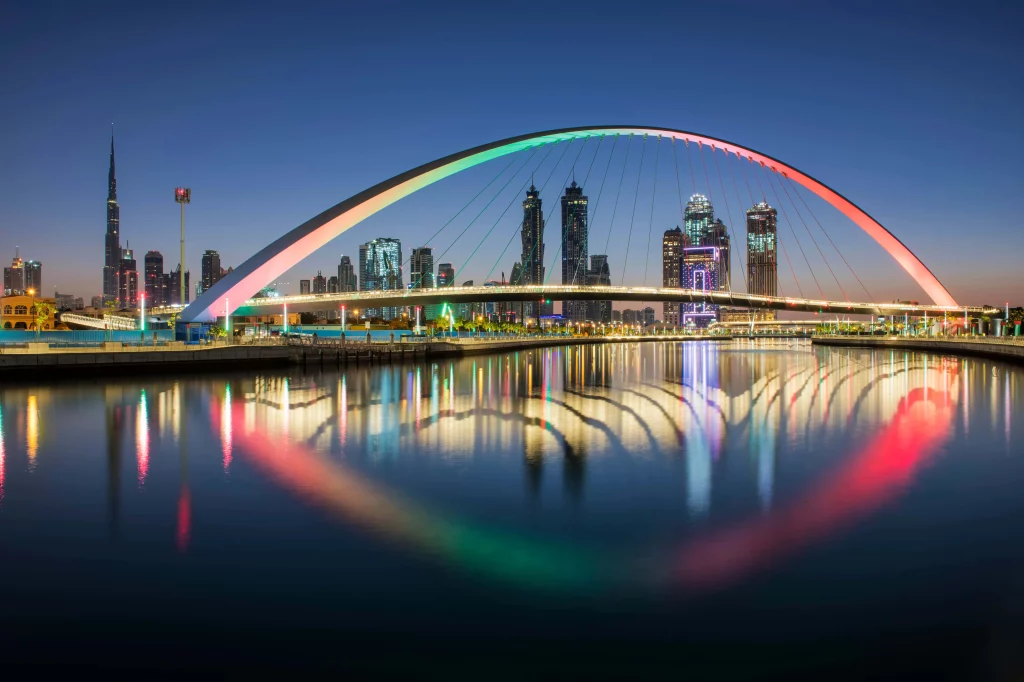Dubai Municipality (DM) has unveiled an ambitious plan to achieve 100% water reuse by 2030 as a part of its water reclamation initiative. In alignment with its green economy vision, Dubai aims to reduce desalinated water consumption and associated energy use by 30%. Currently, the emirate already reuses 90% of its water, resulting in substantial annual savings of over AED2 billion.
Dawoud Al Hajri, Director General of DM, stressed the significance of water conservation for Dubai’s future. He emphasized, “The recycling of water resources is central to Dubai Municipality’s strategy to transform the emirate into a hub for the green economy.”

The benefits of water recycling are multifaceted. It conserves vital groundwater resources while also decreasing energy consumption for desalination, leading to a reduction in greenhouse gas emissions. As Al Hajri noted, Dubai is committed to becoming a global exemplar of sustainability, aiming to elevate water reuse rates and minimize dependence on desalination and groundwater.
Dubai’s existing utilization of reclaimed water primarily focuses on irrigating green spaces, encompassing vast areas spanning nearly 2,400 kilometers throughout the city, including public gardens and landscapes within property developments. This reclaimed water also finds applications in central cooling and firefighting, contributing to cost savings, reduced power consumption, and lowered carbon emissions.
The journey of water reclamation in Dubai began in 1969 with the establishment of the first wastewater treatment facility in Al Khawaneej. As the city expanded, wastewater treatment facilities grew in response to the escalating demand. The Jebel Ali plant, inaugurated in 2006, marked a significant expansion, increasing the daily recycling capacity to about 560,000 cubic meters. Over the years, Dubai produced an astounding 4.5 billion cubic meters of reclaimed water from 1980 to 2022. Looking ahead, the emirate aspires to double its output to over 8 billion cubic meters by 2030.
Dubai’s pursuit of 100% water reuse by 2030 not only aligns with global sustainability goals but also positions the emirate as a pioneer in responsible water management, contributing to both environmental preservation and economic prosperity.

